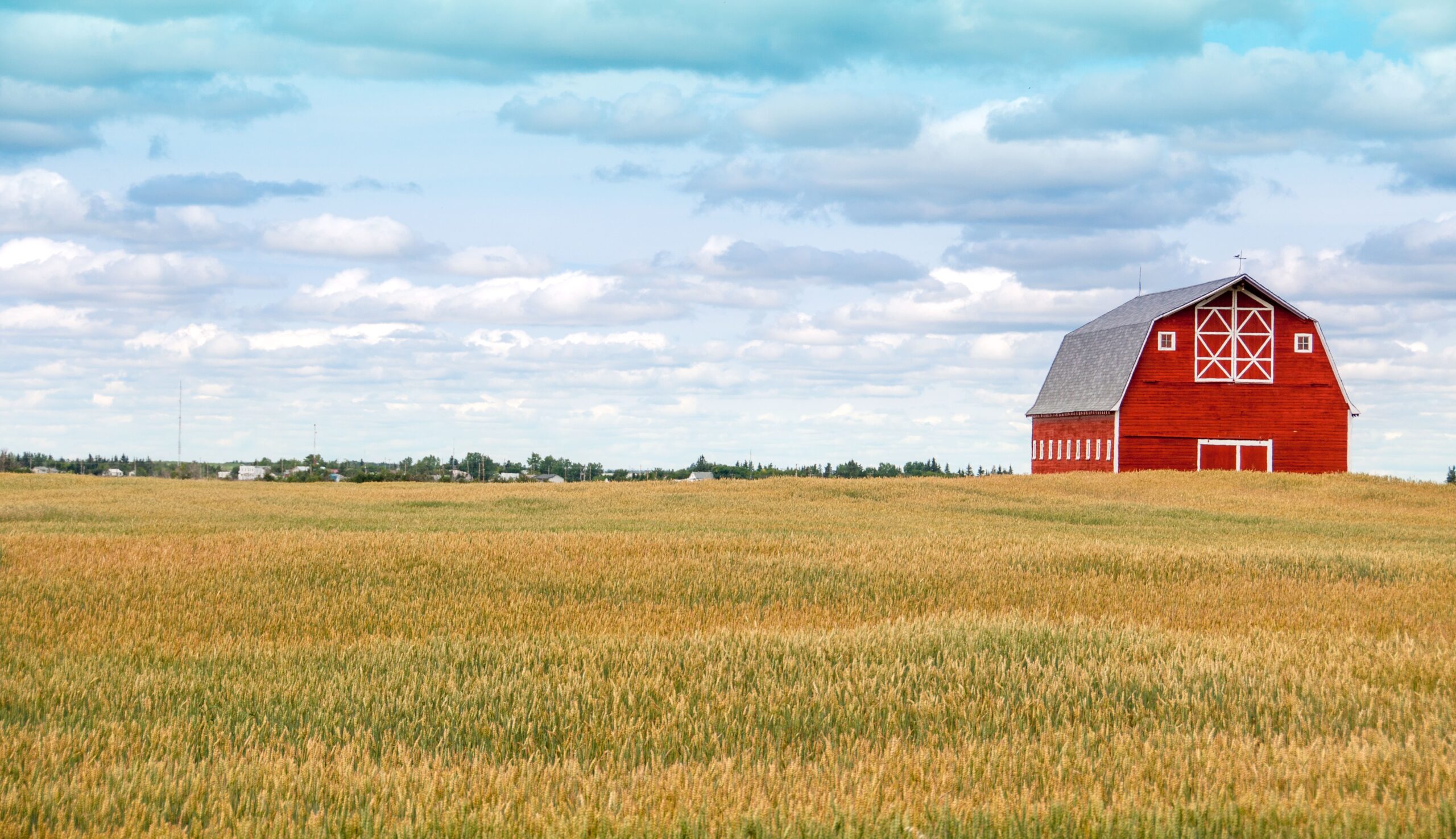Cornell researchers are at the forefront of testing existing and developing novel feed additives that enhance milk efficiency and maintain animal health while reducing methane emissions. The macro- and micronutrients from milk and dairy products are essential to supporting human health and nutrition. In low- and middle-income countries like India, Vietnam, and Ethiopia, increased efficiencies in dairy production are needed to ensure food security for their growing populations. Cornell researchers are working to adapt the models, tools, and industry best practices to support smallholder dairy farmers as they transition to feed practices that increase productivity and reduce or inhibit methane emissions. In developed countries, we need to accelerate approaches that directly reduce ruminal methanogenesis as a means to reduce enteric methane emissions. Cornell’s cross-college research on livestock methane mitigation is key to developing dietary approaches and feed additives that can be implemented at variable scales of animal production. The discoveries made at Cornell have implications for enteric methane emissions across livestock species.
Which Cornell Tools and Resources Can Help?
Among the innovations helping realize this work are:
- The Cornell Net Carbohydrate and Protein System predicts requirements, feed utilization, animal performance, and nutrient excretion for dairy and beef cattle.
- Three GreenFeed units have been designed to measure methane emissions.
- Four climate-controlled respiration chambers are being built in the Large Animal Research and Teaching Unit to study how animals respond to changes in their diet. The chambers – the first of their kind to be built in the United States – will help Cornell and industry researchers develop solutions to reduce climate-warming methane emissions from cattle and other domestic animals.
Opportunities Abroad: India
India is a high-priority country for enteric methane mitigation. With more than 300 million cattle and buffaloes, it is the world’s largest producer of milk, producing 195 million metric tons in 2020 or 22% of global production. According to Climate Watch, India is also the third largest methane-producing country in the world, contributing ~7% of global emissions (CO2 equivalent) from agriculture.
Cornell researchers aim to advance ruminant ration balancing and feeding recommendations for farmers in India as a means to reduce greenhouse gas emission intensities, lower the ruminant population per equivalent level of milk production, meet the future demand for milk and dairy products as a nutrient-dense food for optimum human nutrition and health, and support the livelihood of Indian farmers. To accomplish that Cornell researchers are building a country-wide program in partnership with the Environmental Defense Fund and India’s National Dairy Development Board to:
- Train laboratory personnel and promote best methods to accurately define the nutrient content of local feed ingredients.
- Accelerate the training of nutritionists and feed chemists to develop nutrient-balanced diets and feeding recommendations based on regional feed supply.
- Advance the utility of the Cornell Net Carbohydrate and Protein System formulation model and construct a feed library for adoption in India.
- Develop a pilot program to define feed chemistry and feeding recommendations for a high-priority Indian state or district before wide-scale adoption.
Cornell Atkinson Support
Cornell Atkinson supports these efforts through funding programs, alumni and donor support, and facilitated engagement with external partner organizations.
